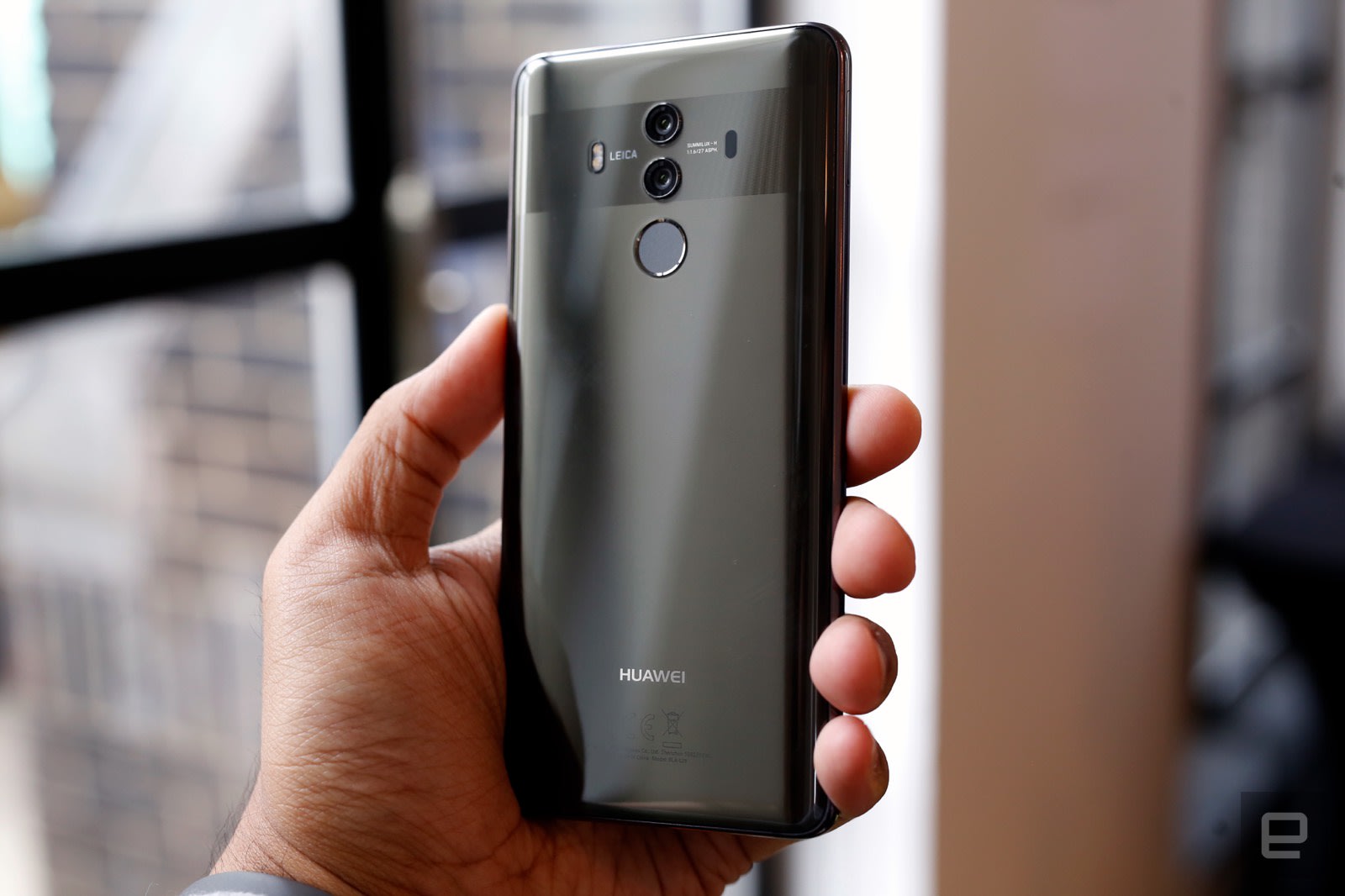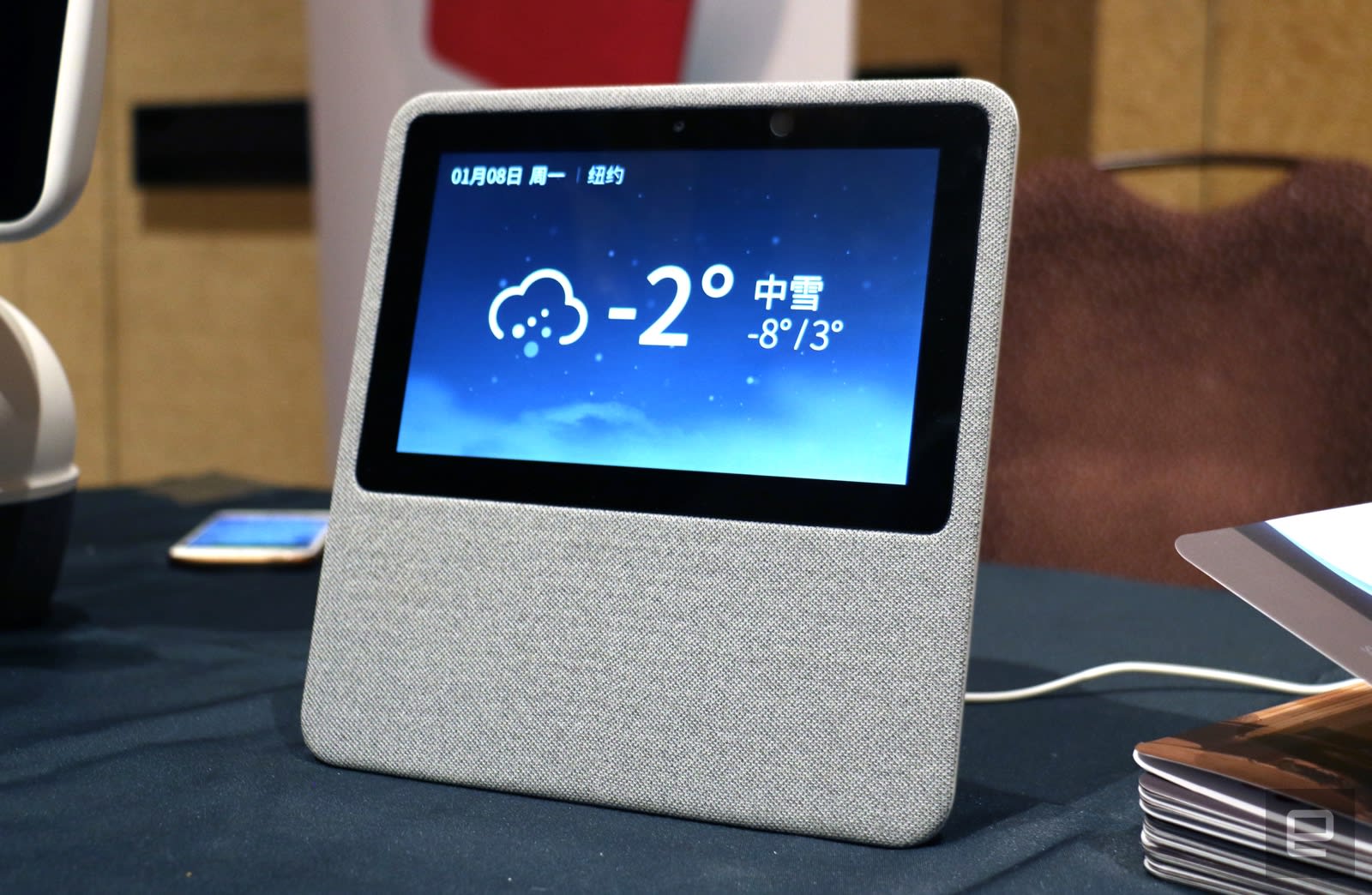[ad_1]
You can almost hear the trepidation in Yu’s voice as he begins. “You know today, uh … Many people are waiting [for] me to announce that we are, uh, partnership with a carrier. Many of you guys have seen the newspapers that something is happened. That, uh, unfortunately this time, we cannot, uh, have this, uh, uh, to sell this phone, you know, from the carrier channel.” Yu laughs nervously as he says this. “Everybody knows that in the US market, that, uh … over 90 percent of smartphones are sold by the carrier channels,” he adds. Whether it’s due to nerves or frustration, his almost-candid rantlet is refreshing, his motivation clear. Yu has had enough.
For years, Huawei has made phones that are well-received by global and American media alike. In the US, however, the company’s devices are consistently criticized for not being sold through a carrier. Like Yu says, a vast majority of phones bought in the US are from carriers, and the apparent inability to make a phone that passes stringent carrier requirements not only limits Huawei’s access to American customers but also makes the company seem incompetent.

The thing is, Huawei is anything but. In recent years, its phones have greatly improved in quality, especially when it comes to design. It seemed to have finally gained enough momentum to achieve carrier buy-in, with multiple reports saying the company had clinched AT&T’s approval to sell the Mate 10 Pro. Yu’s speech seems to confirm this, although he never mentions the reason for the dissolution of the partnership. The Information reported that political reasons were behind the last-minute pullout while Reuters said shortly after that Congress lobbied for AT&T to drop the deal.
In its official statement, Huawei doesn’t directly address the deal and why it fell through. “We have the strongest confidence in our products and will continue to innovate and break new ground. At the same time, we believe that U.S. consumers deserve equal opportunity and the choice to enjoy the best technology and more smartphone options through more channels, just like other satisfied Huawei users around the world,” the company writes.
Huawei isn’t the only major Chinese company with its eyes locked on America. Baidu, which is Google’s equivalent in China, showed off a trio of smart speakers at CES, and company reps told Engadget that it definitely wants to bring its products to the US. Alibaba, also known as China’s Amazon, also wants to establish a presence in America. But there are many challenges clouding these companies’ ability to forecast a timeline.

In Baidu’s case, tweaking its smart speakers for the US involves a complete overhaul. Its natural language interface DuerOS not only needs to be tailored for different consumer behavior but also has to learn an entirely new language (and all the associated nuances). Basically, American and Chinese people have different habits and tastes, and a product for one market cannot simply be reskinned to suit the other.
Chinese companies simply don’t have a good reputation in the US.
Chinese companies also frequently have names that Americans find hard to pronounce, like Xiaomi and Huawei. This affects the consumer’s ability to recall the brand when deciding what to buy, making it even more difficult for Chinese companies to appeal to the US market. The problem is so bad that Huawei has had to launch a massive ad campaign teaching Americans how to pronounce its name (“who-ah way” in Chinese, “wah-way” in Cantonese, “wow way” in the company’s unfortunately inaccurate marketing material). Xiaomi, which is frequently mispronounced as “show-me” actually sounds closer to “see-ow me.”
But it’s not just language and cultural differences that get in the way. Chinese companies simply don’t have a good reputation in the US. Right after Yu’s press conference at CES, Congress quickly proposed a bill to ban government agencies from working with Huawei and ZTE. These two companies were also the subject of a 2012 report from Congress claiming they “cannot be trusted.”
Huawei writes in its official statement that “privacy and security are always our first priority. We are compliant with the world’s most stringent privacy protection frameworks, including all GAPP and GDPR privacy protection requirements.” Both ZTE and Huawei also stated back in 2012 that they felt they were being unfairly singled out in Congress’ inquiry.
Source link
 Tech News code
Tech News code


